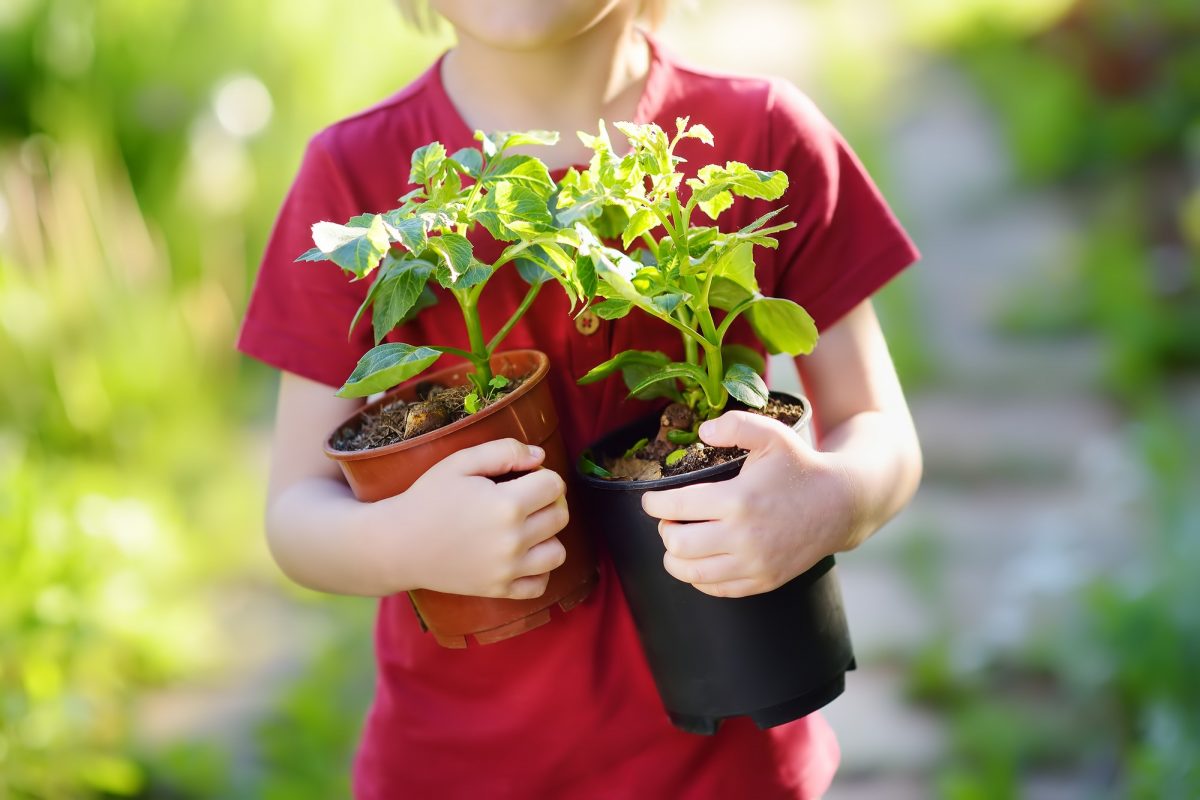Every child is born with the right to live and develop. Governments are responsible for providing the best possible environment for children and their families to grow up in. To ensure this, children must be registered and have an official name recognized by the government. In addition, children must know who their parents are and be raised by those parents. As such, children have the right to have an identity and an official record of who they are. These rights cannot be taken away from them by any means.
For kids, flowers with tickly foliage and fast germination are a good choice. Try blue fescue, sea pinks, Mexican feather grass, and chenille plants. Another great option is scented geraniums with their fragrant foliage. Other options are licorice dill and fennel. Similarly, tulips and snapdragon flowers have fragrant leaves. These plants will also attract beneficial bugs to the other crops in your garden.
Gardening together can also stimulate kids’ curiosity and teach them about various subjects. After a few minutes in a garden, kids are sure to ask questions. Let them guide the conversation and read about topics they don’t know yet. For example, gardening can teach kids about the life cycles of plants and how they can be more environmentally conscious. By using a compost bucket to feed their garden, kids can also learn about recycling and picking up litter. Gardening also teaches kids about the benefits of supporting local farmers, picking up litter, and avoiding food waste.
While young children might not realize it, gardening is a great way to encourage them to practice locomotor skills. Young children can practice body management, balance objects, and even develop hand-eye coordination. Moreover, gardening exercises fine motor skills, such as writing, and helps them develop hand-eye coordination. Kids can also play with tools, such as trowels, to practice their writing skills. And because of the physical activity involved, gardening is a great way to promote good health.
Gardening also teaches responsibility. Children learn to take care of their plants, including watering and fertilizing. Children may not be enthusiastic about gardening at the beginning, so their lessons won’t stick until the end of the growing season. However, once they’ve mastered this, children can enjoy the process and reap the benefits. There’s always a time to teach your children. If you’re not sure where to start, here are a few ideas.


